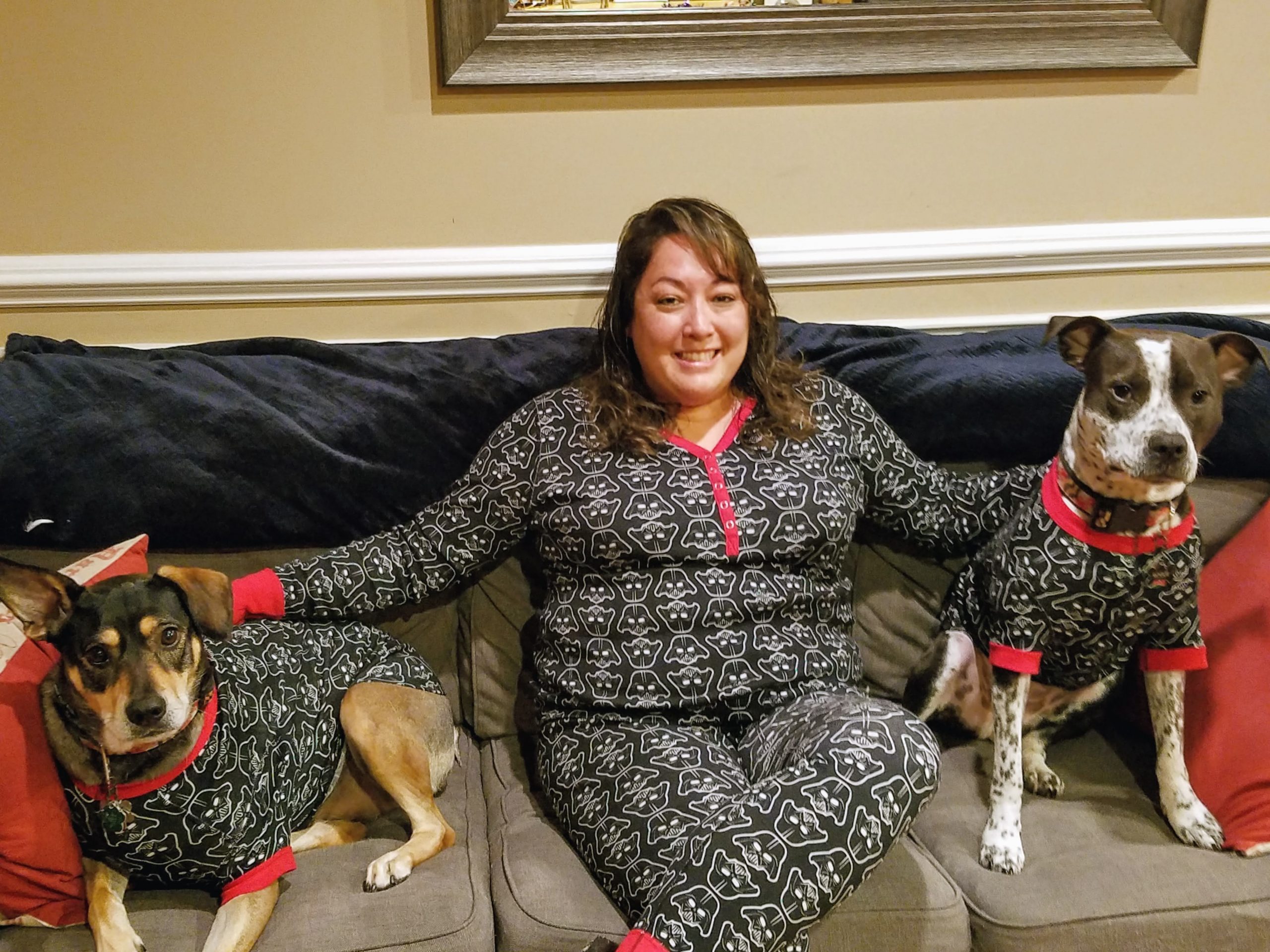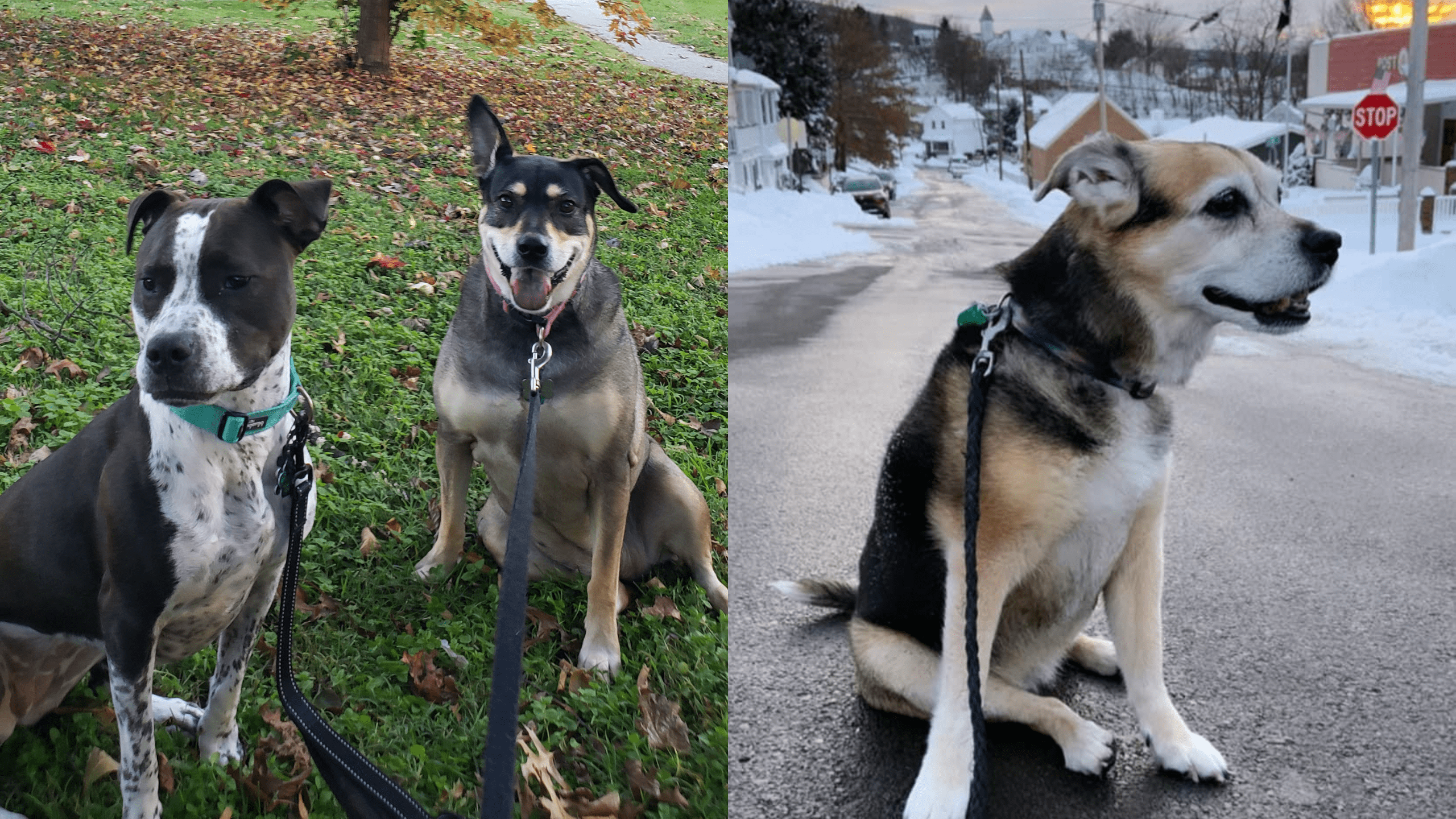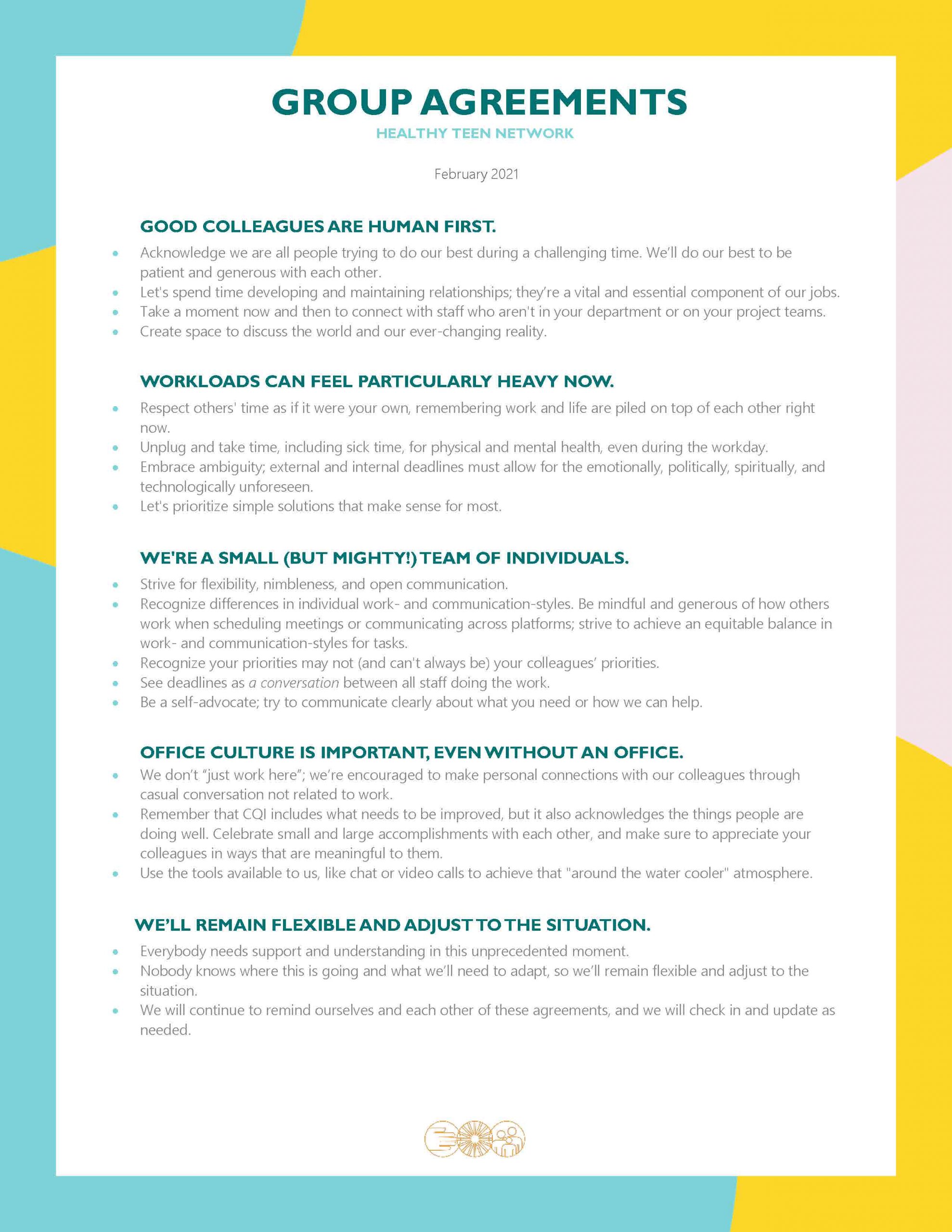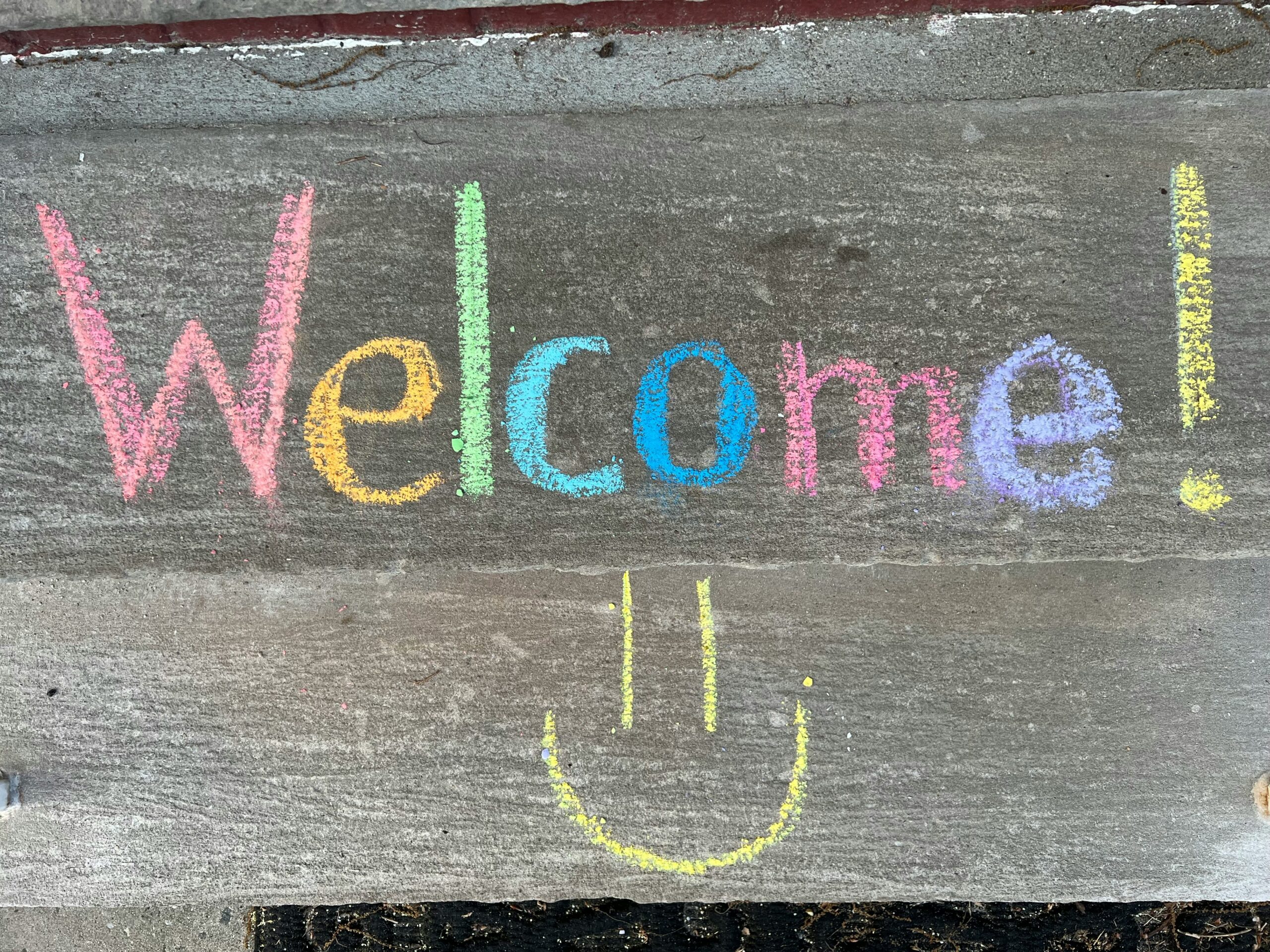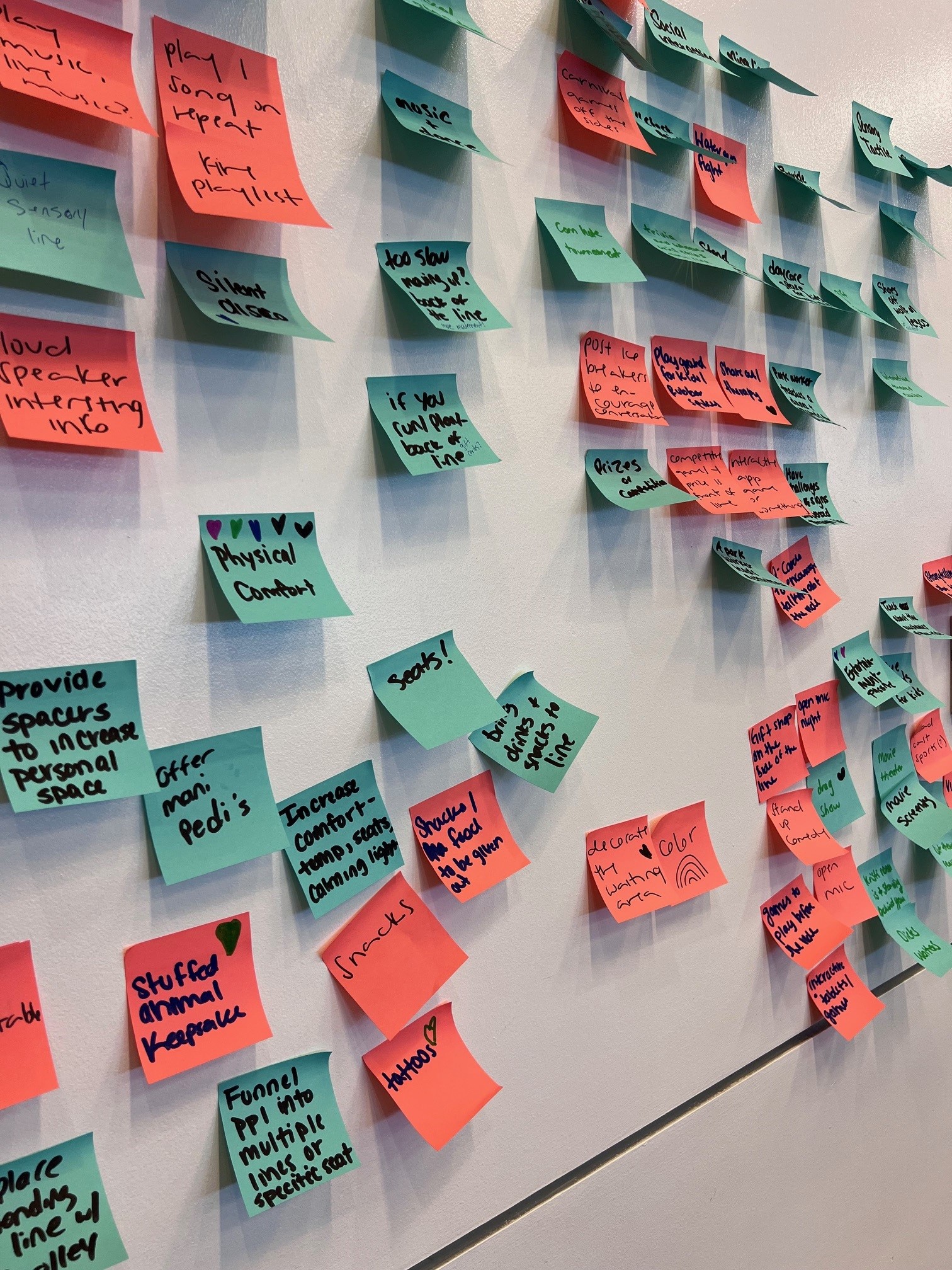One year into all-remote work, Allison and Nick reflect on some ground rules they and Healthy Teen Network staff are committing to for working during these strange times.
Let’s face it, this year has been strange for a lot of us. A year ago, we were watching the pandemic spread at alarming rates when Healthy Teen Network leadership and board of directors closed our office to stem the rate of infections of the then-called “novel coronavirus.” Little did we know in March of 2020 that we’d all still be working from home a year later in March 2021.
Beyond the struggle of trying to adjust to a completely new pandemic lifestyle, it soon became clear that long-ingrained work habits were also shifting. For Allison, working from home means work clothes are now athleisure wear and walking her dogs, Belle and Rogue, at lunch. But she also found herself struggling to turn off work, checking email from bed first thing in the morning and finding herself “just trying to do one last thing” later in the day, leaving her partner to wonder if she was ever going to come down from her top-floor office.
For Nick, work and life seemed to bleed into one unsolicited concoction, a taste soon made more bitter with closest Baltimore friends newly moved or stuck abroad. For a self-diagnosed hypochondriac (is there another kind?), the pandemic only exacerbated not-self-diagnosed anxiety. But hell, the CDC webinar that warned of a year-plus of rolling lockdowns last March seemed alarmist and anachronic. (Hah.)
Fortunately for us, the technological transition to remote work went relatively smooth. After all, many of us worked remotely a few times a week or more. We use Zoom or Teams for calls, and working meetings and all our documents are stored in the cloud ready to be accessed from (almost) anywhere. What we did not anticipate at first was the need to bring work culture back into our daily routines.
What we did not anticipate at first was the need to bring work culture back into our daily routines.
At the end of 2020, our former Board Chair Nadine Finigan-Carr shared with us group agreements she and her classes came up with after teaching remotely all year. Ah, yes! Group agreements, we thought. We know this animal. They’re something we use in our own workshops, so why shouldn’t we extend them to ourselves in our everyday workshops? With theirs striking a chord, we decided to craft some of our own.
Healthy Teen Network staff intends this to a working document. We’ll work on it in the weeks and months to come, whether successful re-openings or cruel new variants. Like good group agreements, we intend for them to be specific to us, and our culture, too. Baked in them are our successes and our struggles. But we’re sharing them now in the hopes that they’ll inspire you to craft your own, too, much in the way Nadine inspired us to craft ours.
Take a look:
Good colleagues are human first.
- Acknowledge we are all people trying to do our best during a challenging time. We’ll do our best to be patient and generous with each other.
- Let’s spend time developing and maintaining relationships; they’re a vital and essential component of our jobs.
- Take a moment now and then to connect with staff who aren’t in your department or on your project teams.
- Create space to discuss the world and our ever-changing reality.
Workloads can feel particularly heavy now.
- Respect others’ time as if it were your own, remembering work and life are piled on top of each other right now.
- Unplug and take time, including sick time, for physical and mental health, even during the workday.
- Embrace ambiguity; external and internal deadlines must allow for the emotionally, politically, spiritually, and technologically unforeseen.
- Let’s prioritize simple solutions that make sense for most.
We’re a small (but mighty!) team of individuals.
- Strive for flexibility, nimbleness, and open communication.
- Recognize differences in individual work- and communication-styles. Be mindful and generous of how others work when scheduling meetings or communicating across platforms; strive to achieve an equitable balance in work- and communication-styles for tasks.
- Recognize your priorities may not (and can’t always be) your colleagues’ priorities.
- See deadlines as a conversation between all staff doing the work.
- Be a self-advocate; try to communicate clearly about what you need or how we can help.
Office culture is important, even without an office.
- We don’t “just work here”; we’re encouraged to make personal connections with our colleagues through casual conversation not related to work.
- Remember that CQI includes what needs to be improved, but it also acknowledges the things people are doing well. Celebrate small and large accomplishments with each other, and make sure to appreciate your colleagues in ways that are meaningful to them.
- Use the tools available to us, like chat or video calls to achieve that “around the water cooler” atmosphere.
We’ll remain flexible and adjust to the situation.
- Everybody needs support and understanding in this unprecedented moment.
- Nobody knows where this is going and what we’ll need to adapt, so we’ll remain flexible and adjust to the situation.
- We will continue to remind ourselves and each other of these agreements, and we will check in and update as needed.
And be well,
Allison and Nick
p.s.: Eventually, Nick left Baltimore for New York, but he got to spend a much-need quite extended layover with family and their fifteen-year-old pup named Snickers. Like Belle and Rogue, Snickers also enjoyed lunchtime walks, though hers provided the added excitement of the snowy Pennsylvania tundra.

p.p.s.: Allison is trying to get some of that “self-care” people keep talking about and after investing in a Peloton, it now serves as a not so gentle reminder to sign off her computer and get her sweat on. Rogue and Belle seem to find it humorous that their Mom is riding a bike to nowhere. They often come to spectate her rides (or just check that she made it up that fake hill).
